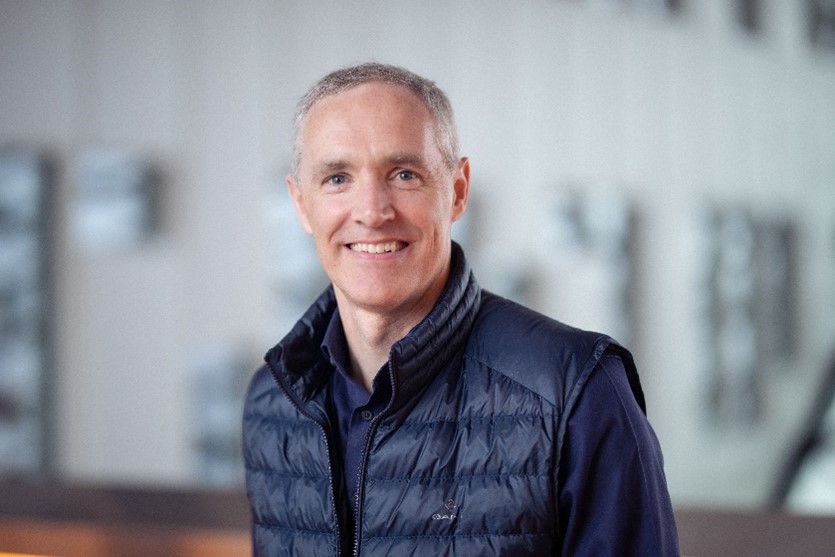Most of the BP Ventures capital will be deployed in clean energy investments that are designed to help the UK oil and gas major reach its 2050 net zero emissions goal.

The new head of BP’s corporate venture unit, Gareth Burns, has ushered in a strategic change at the CVC that includes expanding its investments in sectors that are not core to the UK oil and gas company’s business.
Ninety percent of the unit’s capital will be focused on these broader areas which include bioenergy, hydrogen and renewables.
The venture unit’s investment timeline looks out as far ahead as 2040 and will help deploy capital to help BP reach its target of reaching net zero emissions by 2050.
Burns joined BP Ventures at the start of 2023 after a 20-year career at Equinor, the Norwegian state-owned energy company. Burns set up and led Equinor’s CVC, Equinor Ventures, in 2015.
Speaking on a panel at the GCV Connect conference in Munich last week, Burns said his decision to join BP Ventures was based on BP’s new mandate to broaden its investments beyond its core operations.
BP Ventures was set up more than 10 years ago to invest in high growth technology companies. It has invested $500m since its launch and has had nine exits.
Among its recent investments is a $10m commitment in a series B round for Wastefuel, a US developer of biofuels for use in hard-to-abate sectors like shipping. It also recently invested €7.5m in German EV charging service provider Service4Charger.
Burns has also led change in the investment team’s regional focus. When he joined, the unit was “disproportionately weighted towards North America.” It is now looking to invest more in European startups, he said.
Burns also led changes to the team’s structure by appointing managing directors who are responsible for investments in specific regions. These regional heads also are members of the investment committee.
Another investment team look for startup opportunities in specific sectors. Any proposed investment that the sector-focused team puts forward is vetted by the regional investment teams.
Having this structure gives team members more say on investment decisions, said Burns. “People feel they have greater freedom to express an opinion on whether they want an investment to come in or not.”
Previously BP Ventures staff were more incentivised to do a high volume of deals without as much emphasis on discussing with the rest of the team the merits of making particular investments. “I feel we now have a greater sense of debate on opportunities,” said Burns.
The investment team will have close to 25 members by the end of the year, he added.









